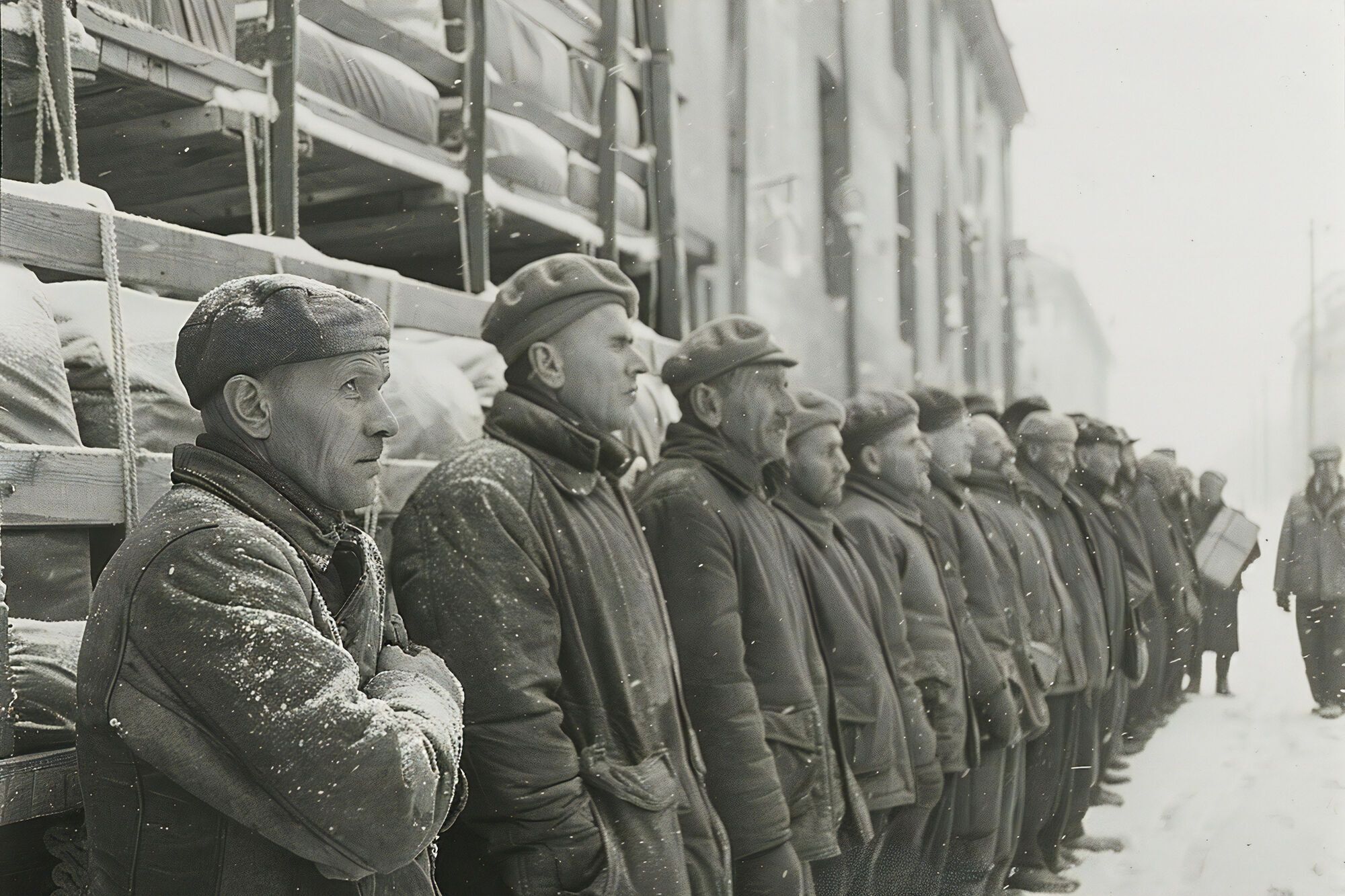News
Repression, denunciation, and envy: what the "good people" of the USSR were really like
Soviet propaganda portrayed its typical citizen as an honest, hardworking, loyal, and kind person. That's why fans of the USSR often complain that not only prices, but even people used to be better.
However, in reality, the illusion of an ideal society hid anger, envy, and total dissatisfaction with life. The myth of the "good people" of that time was debunked by a well-known Belarusian blogger and researcher of the Soviet Union, Maksim Mirovich.
A typical Soviet person emerged as a result of the artificial restructuring of society, the policy of the "Great Terror," the Gulag, and censorship. Only those who either did not "stick out" at all or served the authorities in every possible way could survive in such conditions.
This is how a double morality emerged in the USSR. People said one thing to each other but said something else in public. The opportunists considered deception and betrayal to be quite commonplace because this is how the state taught them to behave by example.
Denunciations
In the 1930s and 1950s, denunciation flourished in the USSR. People smiled at each other and were polite, but at the same time kept a close eye on their neighbors and collected dirt. This happened for several reasons.
First, it was believed that if I didn't offend, I would be offended. Citizens tried to frame each other until they stirred up too much and ended up in a labor camp. Some informers even began to feel superior because they were allegedly helping the authorities.
Secondly, there were material benefits to be gained from betrayal. Informers could claim the property of the person they framed. At the very least, they could get an extra room in a communal apartment.
Envy
The USSR government tried to do the impossible and equalize everyone, so everyone in the country lived roughly equally badly. As a result, envy arose because of the slightest difference in income, property, etc. Even after Stalin's death, the situation did not improve.
With a slight increase in living standards, envy grew. Those who had a two-room apartment envied those who got a three-room apartment. Those who could not buy scarce goods envied those who had them, and so on.
Envy also led to total distrust, gossip, and suspicion, because if someone was able to get something I didn't have, they might have done it illegally.
Transmission of discontent
Due to mass poverty, limited resources, dissatisfaction with life, lack of self-realization, fear, etc., the vast majority of Soviet people were not only not kind, they were angry with the whole world. This led to regular conflicts in public places, queues, pushing and shoving, and rudeness. All the negative emotions of society resulted in aggression. However, it was directed not at the system and the authorities, because they are stronger, but at each other.
Subscribe to OBOZ.UA channels on Telegram and Viber to keep up with the latest events.




























